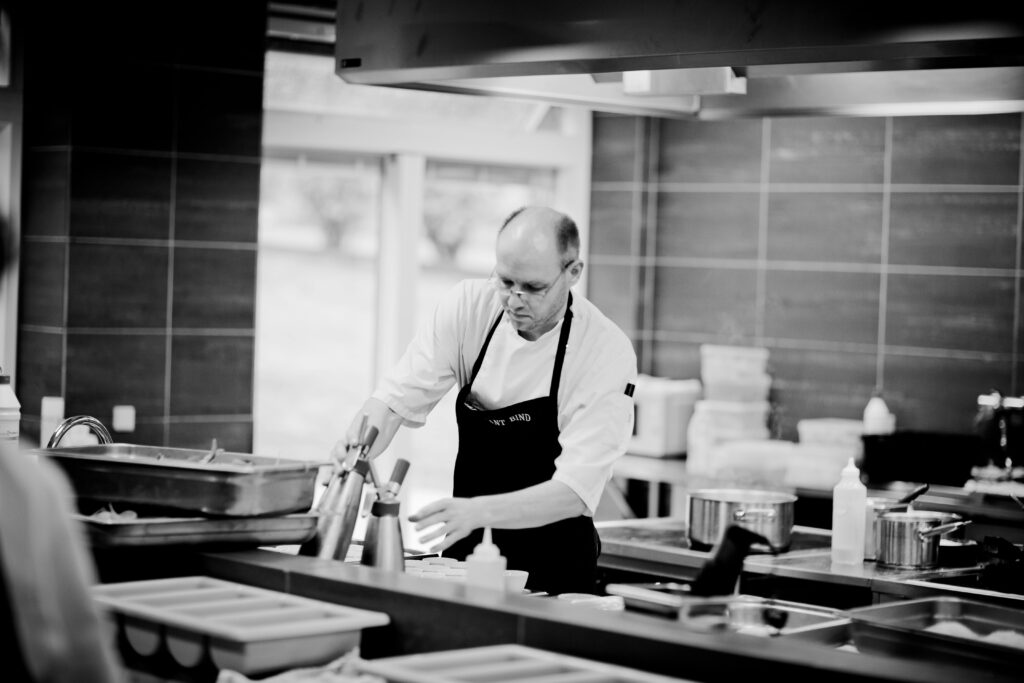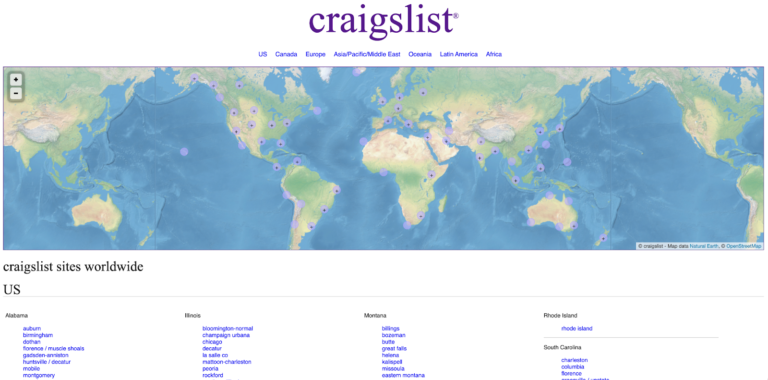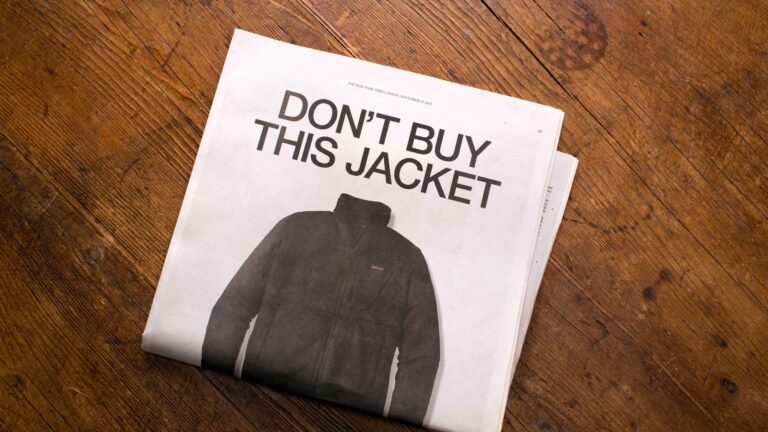
The way America eats is shifting — not just in what we eat, but how it gets to us. Enter ghost kitchens — delivery-only food operations that have no dine-in space, often hidden behind a digital façade. Once a pandemic pivot, ghost kitchens are now becoming a permanent fixture of the modern food landscape.
And here’s the kicker: they’re not just changing how we eat — they’re completely redefining local food marketing.
What Exactly Is a Ghost Kitchen?
Ghost kitchens, also called cloud or dark kitchens, are commercial cooking spaces optimized for delivery and takeout. Think of them as digital-first restaurants — some powered by established brands, others by entrepreneurs launching new concepts with low overhead.
Famous players in the U.S. ghost kitchen space include:
- MrBeast Burger, a viral virtual brand launched by YouTuber MrBeast
- Reef Technology, operating ghost kitchens from parking lots
- Kitchen United, offering multi-brand facilities for restaurants to expand delivery reach
These kitchens often live on apps like DoorDash, Uber Eats, and Grubhub — thriving where the customer scrolls, not walks.
How Ghost Kitchens Are Changing the Food Marketing Game
1. Digital-First Branding Is Now Essential
With no storefront or signage, ghost kitchens rely entirely on digital presence. That means your food photos, menu copy, and customer reviews aren’t just marketing — they are your brand.
👉 Example: Wow Bao, a Chicago-based Asian street food brand, uses ghost kitchens to scale nationwide. Their bold, Instagram-friendly visuals and catchy brand tone have turned bao buns into viral cravings.
2. Hyperlocal Targeting on Delivery Apps
Marketing a ghost kitchen is all about location — not in real estate, but in geo-targeted ads and promotions. Brands are using localized SEO, Google Ads, and app-based promotions to reach hungry users within a few miles.
👉 Example: The Halal Guys use delivery app targeting to promote exclusive offers in specific zip codes, adjusting menus based on neighborhood preferences.
Also Read : Green Marketing & Sustainability: Embracing Eco-Friendly Practices
3. Leveraging Influencer & Micro-Creator Marketing
In the absence of physical ambiance, local influencers have become a key trust-building tool. By collaborating with food bloggers and TikTok creators, ghost kitchens can quickly gain street cred.
👉 MrBeast Burger launched with a viral influencer campaign and over 300 locations — an overnight sensation powered by content creators.
continue reading…


